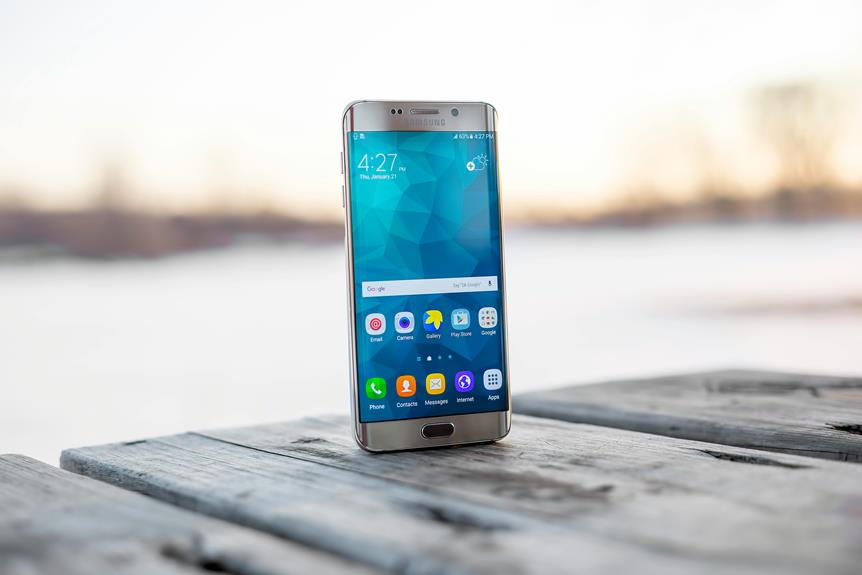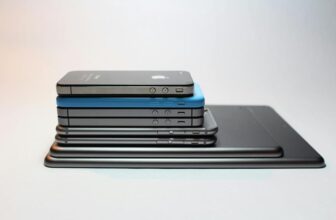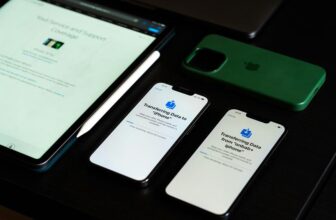
As you navigate the landscape of mobile operating systems in 2025, the distinctions between iOS and Android have evolved in intriguing ways. From user interface nuances to security measures, each platform has its set of defining features that cater to different user preferences. The year 2025 brings forth a new era of technological advancements that further accentuate the strengths and weaknesses of iOS and Android. Explore how these key differences have shaped the user experience and influenced the ongoing debate between the two dominant operating systems.
User Interface
When comparing the user interfaces of iOS and Android in 2025, you'll notice a distinct shift towards minimalist design on iOS, while Android has embraced a more customizable approach. iOS now features cleaner lines, simpler icons, and a more intuitive user experience. The emphasis is on decluttering the interface to prioritize essential functions, making it sleek and easy to navigate.
Android, on the other hand, has doubled down on customization options. Users can personalize their home screens, widgets, and overall look and feel to a greater extent than ever before. With Android's modular approach, you have the freedom to tailor your device to suit your preferences fully. This flexibility allows for a more personalized user experience, catering to individual tastes and needs.
App Selection
In 2025, explore the diverse app selection available on both iOS and Android to meet your specific needs and interests. Both platforms offer a wide array of applications catering to various purposes, from productivity tools to entertainment and beyond.
Android's Google Play Store continues to boast a vast collection of apps, including many customization options and niche offerings. On the other hand, iOS's App Store maintains a reputation for high-quality, curated apps that prioritize user experience and security.
Whether you prefer the flexibility and variety of Android's app ecosystem or the polished and secure environment of iOS, both platforms strive to provide an extensive selection to enhance your mobile experience.
Keep in mind that while some apps may be exclusive to one platform, many popular applications are now available on both iOS and Android, ensuring you can access your favorite tools and services regardless of your device choice.
Performance
Enhance your mobile experience by evaluating the performance differences between iOS and Android in 2025. Both operating systems have made significant strides in optimizing performance, but there are key distinctions to consider. iOS in 2025 continues to excel in terms of smooth operation and responsiveness. The seamless integration between hardware and software in Apple devices ensures a consistent and reliable user experience, with minimal lag and swift app loading times.
On the other hand, Android devices running the latest version in 2025 have also improved their performance significantly. With advancements in hardware capabilities and software optimizations, Android now offers enhanced multitasking abilities and faster processing speeds. The customization options on Android devices provide users with more control over performance settings, allowing for personalized experiences tailored to individual preferences.
Security
To safeguard your data and privacy, understanding the security disparities between iOS and Android in 2025 is crucial.
In 2025, both iOS and Android have made significant advancements in security features. iOS continues to uphold its reputation for robust security, with regular updates and a closed ecosystem that limits the installation of third-party apps. This closed environment reduces the risk of malware, making iOS a solid choice for users prioritizing security.
On the other hand, Android has also enhanced its security measures by introducing more frequent security patches and improved app permissions. However, the open-source nature of Android still poses some security challenges, as it allows for greater customization but also increases vulnerability to malware and cyber threats if users aren't cautious.
Ultimately, iOS remains the preferred option for users seeking top-notch security, while Android offers more flexibility at the cost of potentially higher security risks.




